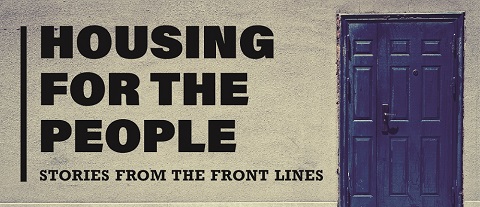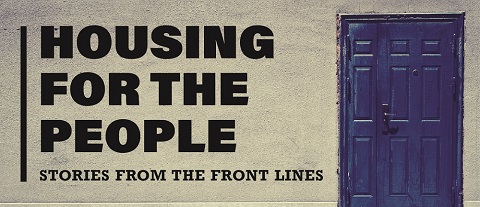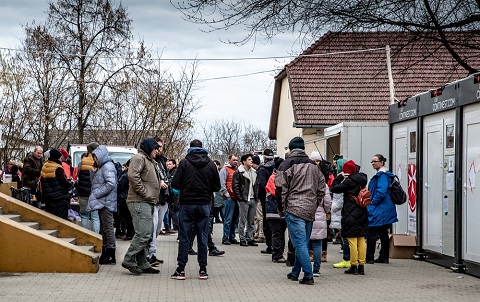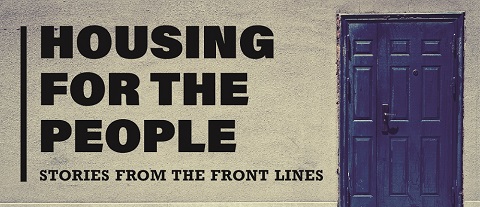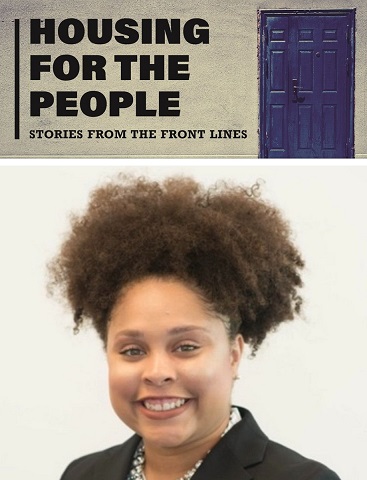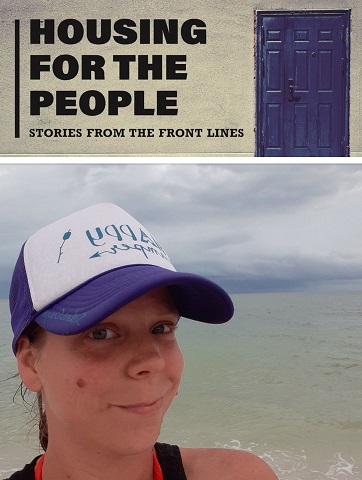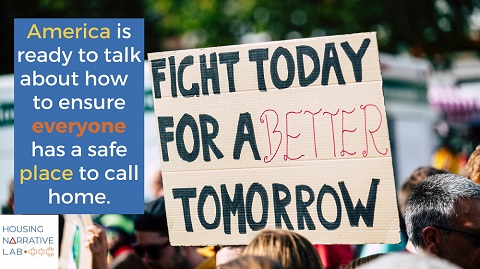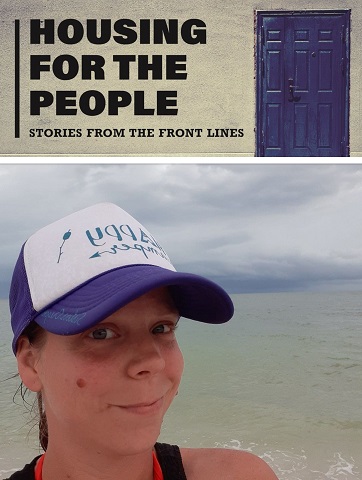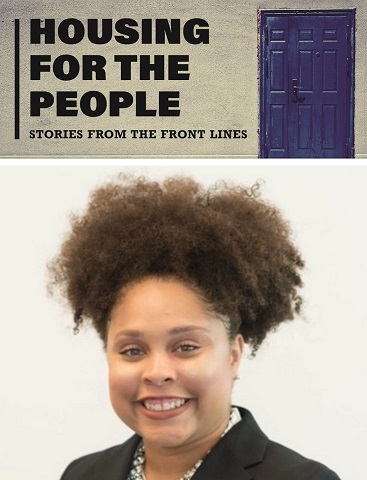Last week, the NGO Proti prúdu, publisher of the Slovakian street paper Nota Bene, organised a public protest to express deep concern for, and to stand in solidarity with, homeless people in Hungary who are being criminalised after a law essentially banning rough sleepers was passed last month.
During the protest, which took place on the streets of Bratislava, the Slovakian capital, most notably in Šafárikovo Square, street paper vendors, students, religious figures, writers and members of the public, set up shop to sleep on public benches, many of which are examples of hostile, anti-homeless architecture – public areas that are specifically designed to discourage their use by homeless people as a place to sleep.
To do this, they were inspired by the specially designed mattress suits created by American artist Sarah Ross for installation ‘Archisuits’, which commented on the hostile architecture of the city of Los Angeles, and allowed the wearer to fit into, or onto, structures that are designed to deny them.
The aim of the protest was to call on Slovakian politicians to seek proper solutions to the homelessness issue, rather than to go the way of the Hungarian government, which has chosen to criminalise rough sleepers.
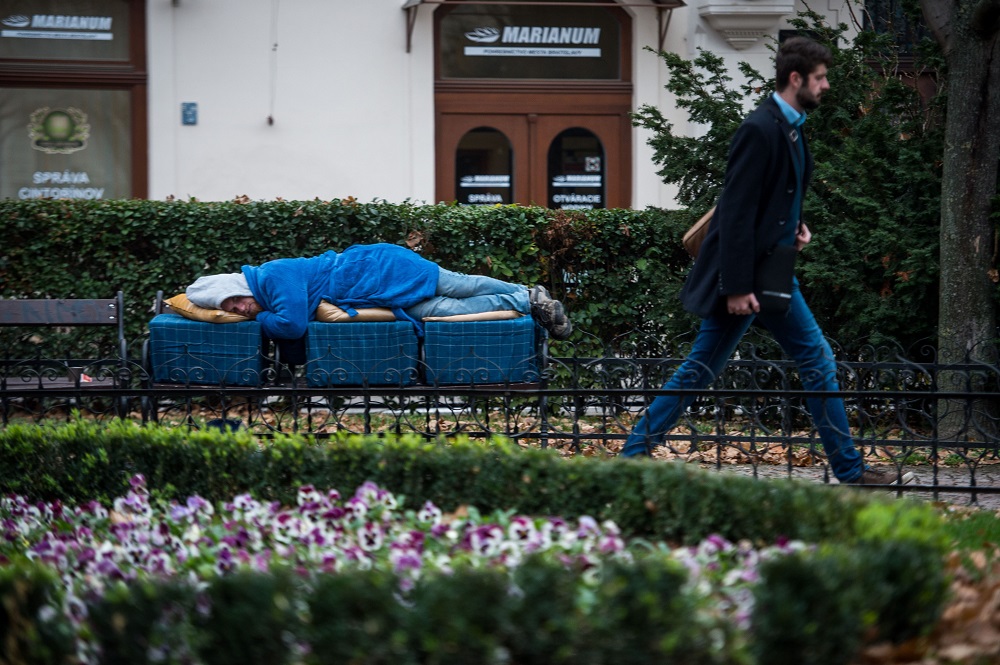
The situation in Hungary has been met with horror by human rights groups and homelessness organisations, with many branding the tough new laws as inhumane.
Sandra Tordová, editor-in-chief of Nota Bene and organiser of the protest, said: “In Slovakia we have noticed local politicians using their campaigns to declare that homeless people should be expelled from city centres. Some politicians have even promised their voters that they will push through measures similar to those in Hungary.
“Repression is not a solution. We want to invite politicians to seek for a real solution to homelessness, to build affordable housing where homeless people will have a chance to end their homelessness.
“More affordable housing options for vulnerable low-income groups such as the elderly, the disabled and the homeless mean less people ending up on the streets and on the benches under our windows.”
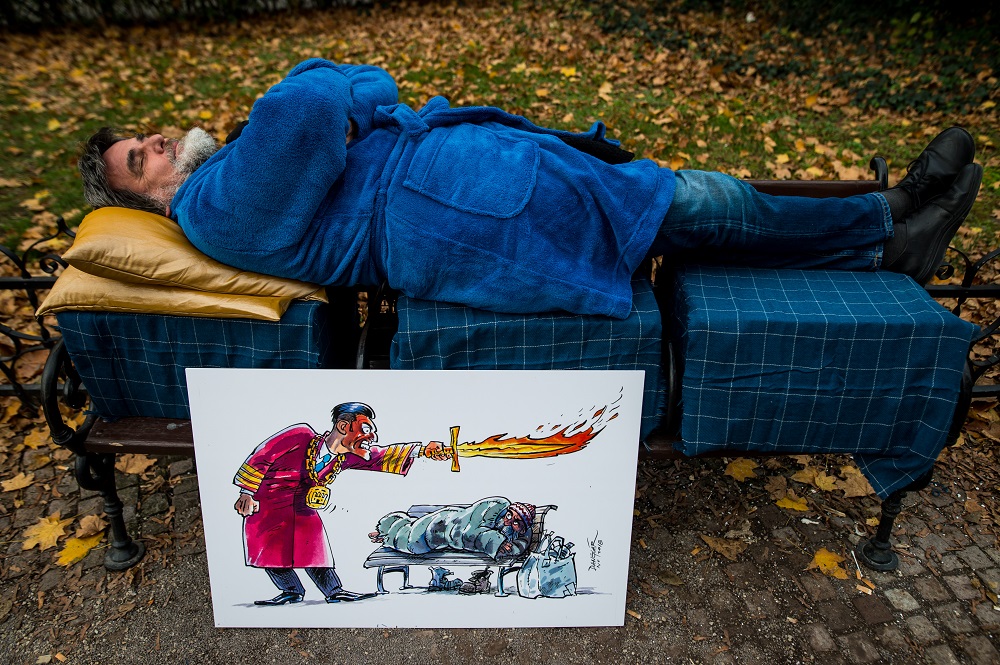
The homelessness situation in Slovakia is not quite as bleak and desperate as the outlook is for those in Hungary at the moment, but they still have limited access to basic services, such as temporary accommodation and homeless shelters.
In Bratislava, there are only 250 free beds across the 24 hour shelters. According to official public statistics, a count of homeless people in 2017 in Bratislava found that there are at least 2064 homeless people in the city, while homelessness NGOs estimate there could actually be over 4000.
Half of the officially recognised homeless population in Bratislava suffer from long-term homelessness, meaning that they are homeless for more than six years.
14 Slovakian NGOs working with homeless people have prepared a written declaration to express their support with Hungarian homeless people and are working to prevent repression and come up with real solutions to homelessness. So far, the declaration has been signed by 577 people.









